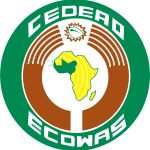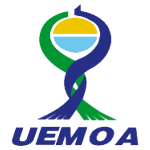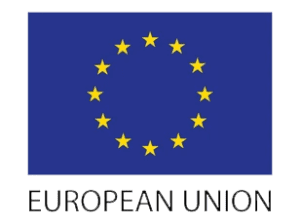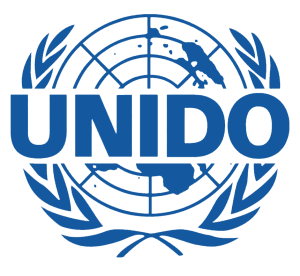Cape Verde, also called Cabo Verde, is an archipelago of 10 volcanic islands, 9 of which are populated. Praia, the largest city in Cape Verde is also the economic, political and cultural capital. According to the last census (2018), the population of the archipelago is estimated at 545 000 inhabitants. The official language is Portuguese.
Value Chains
Information and Communications Technology
The Government of Cape Verde has placed ICTs at the heart of public policies. Most Cape Verdean companies are informal MSMEs, employing up to three people. Among the latter, ICT clusters have shown strong potential to participate actively in regional and global value chains.
As a member of ECOWAS, the ECOWAS Policy on Science and Technology is an integral part of Cape Verde’s ICT development plan. Other projects such as The Cape Verde Technology Park are part of the country’s sectoral strategy for information and communication technologies, which aims at promoting innovation and enterprise development, thus enabling the country to benefit from its growth. The objective is to galvanize the ICT cluster, positioning the country as a hub for international services and a gateway to Africa for major international companies in the sector.
Solar/Renewable Energy
Although the majority of the archipelago’s residents have access to electricity, a third of them still use traditional means of cooking.
While the majority of electricity is produced by generators, fuelled by imported petroleum products, Cape Verde has begun to diversify its energy portfolio. A quarter of energy resources is now provided by renewable sources.
The Government of Cape Verde has approved a new plan, “Plano Director do sector Energético 2018-2040”, to increase the share of renewable energy in the islands’ electricity mix.
According to the new plan, the government hopes to achieve a 30% share of renewable energy by 2025 and 50% by 2030. Under the WACOMP, Cape Verde should be able to implement a sustainable power generation model, which will also generate new employment and income opportunities.
Culture, Media and Tourism
Cape Verde has a strong advantage in pursuing a model of sustainable development based on its strategic assets, cultural and creative goods and services. The archipelago possesses great cultural diversity and despite its small territorial size, it occupies a strategic position between Africa, Europe and the Americas.
Progress should be made towards the formulation of public policies that lead to sustainable development, with the ultimate goal of transforming culture and creativity into cultural, economic and social innovation and wealth creation. The potential of this sector is so remarkable. The focus on improving the culture and tourism sector in Cape Verde stems from the many opportunities that this sector creates.
Planned Activities
Despite Cape Verde’s geographical constraints, growth of key sectors such as tourism and leisure, construction and finance, as well as a highly qualified population including the diaspora, constitute favourable conditions for investment. Moreover, 98% of Cape Verdean companies are MSMEs, (some 30 000 units), and most of which are informal, employing up to three people. This hinders their expansion. In this environment, it seems that the clusters of:
- new information and communication technologies,
- renewable energies,
- culture, events and media,
present great opportunities that will enable Cape Verde to participate actively in regional and global value chains.
These clusters improve the competitiveness of MSMEs, leading to the creation of quality jobs and increased sales and exports of services in all modes (1 to 4). This has been endorsed at several meetings as well as by the main technical actors, because of their potential to develop of a formal and modern network of formal and modern competitive enterprises, in line with new public policies.
This objective is in line with the priorities of the new government. The Cape Verde component of the WACOMP consists of a set of interventions at micro, meso and macro levels that will improve the equal opportunities and competitiveness of MSMEs and clusters in the value chains of new information and communication technologies, renewable energies, culture, events and media, tourism and leisure.





